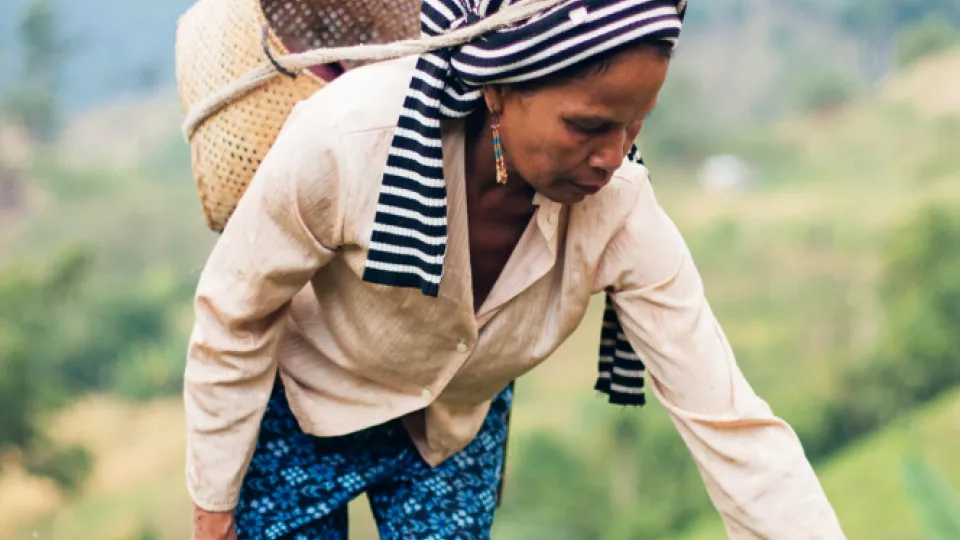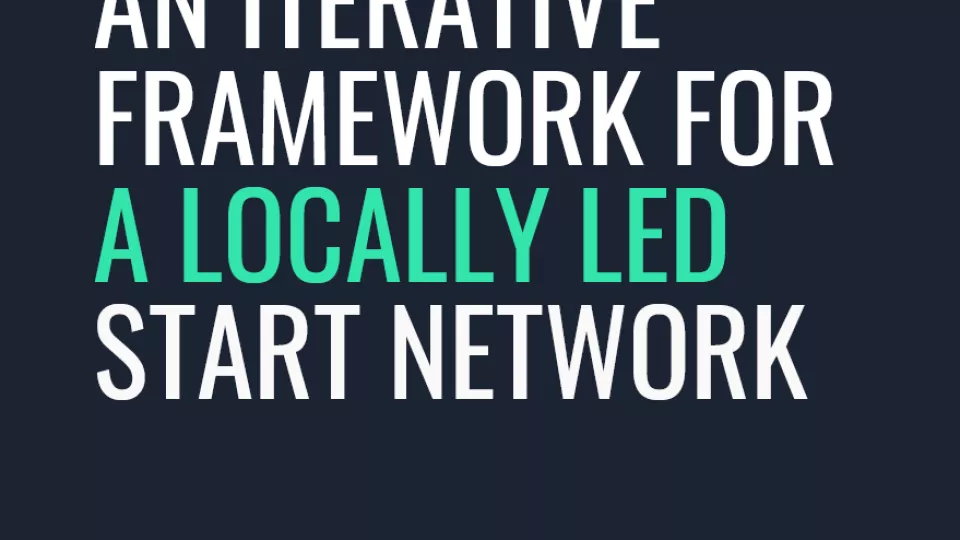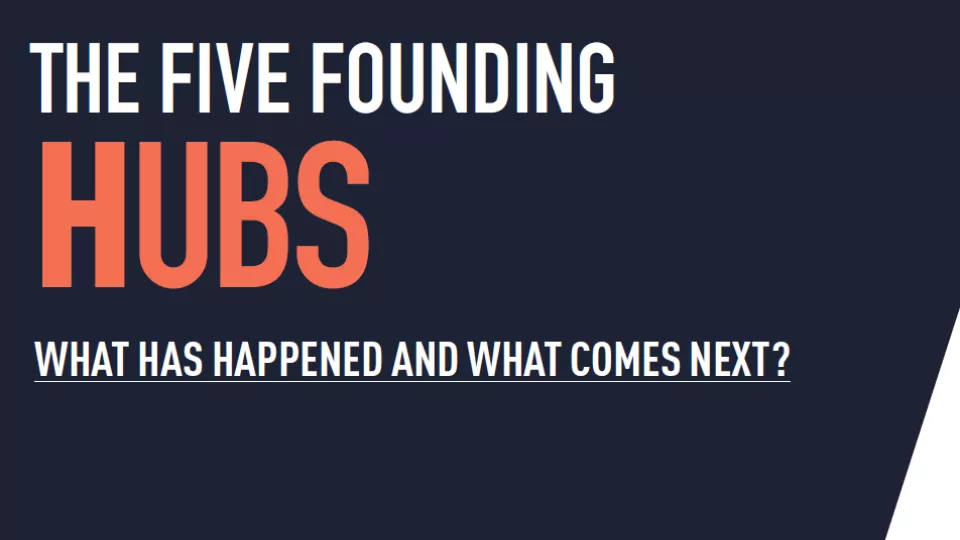Search


DRC Hub Paves the Way for a New Era of Humanitarian Action
The General Assembly of the Start Network Hub in the Democratic Republic of the Congo took place from 09 to 12 November 2021 and was attended by 40 delegates from the provincial governments of North and South Kivu, the central government, international, national and local NGOs, research institutions and universities, as well as members of Start Network’s team.

Gender and DRF - Philippine Primer
The conduct of the missing voices approach in understanding the role of gender in disaster risk financing for the Philippines provided several emerging themes. Themes vary from disaster preparedness activities, early action, as well as barriers and challenges which need to be considered in developing a local DRF system. Start Network recognizes the importance of experiences as a learning mechanism to devise ways to help in improving disaster preparedness, access to information, and early action given the gendered needs of people.
Recovering costs more equitably: An important step in rebalancing power?
Start Fund Bangladesh produced key evidence on the impact of Indirect Cost Recovery (ICR). How can organisations use ICR for their own organisational development and how INGOs can adopt these practices to strengthen partnerships with local organisations.

AN ITERATIVE LOCALISATION FRAMEWORK FOR A LOCALLY LED START NETWORK
This localisation framework is set out as a series of intensions and questions across 11 elements where we feel change is needed. The intention outlines the vision of where we want to be or get to as a humanitarian network. The issues outline questions that Start Network needs to answer at all levels leadership, management, staff, membership, Hubs, etc.

Founding Hubs
In April 2020, five locally led groups of changemakers came together to explore what it takes to launch local hubs as part of Start Network, as envisioned within ‘Start Evolves’. This phase was called a ‘Proof of Concept’ and has resulted in the emergence of Hubs in the Democratic Republic of Congo, Guatemala, India, the Pacific Region and Pakistan.
What Is Start Ready and How Does It Fit Into The Financing Facility
This session introduced Start Ready, a new financial service for the humanitarian sector that will use climate science, risk protection mechanisms, and financial best practice to protect more people against predictable disasters worldwide. Start Ready will sit alongside the Start Fund in Start Network's financing facility.
The new network: Our future role as a platform-based service provider
As the network decentralises, and more functions and decisions devolve to the hubs, the role of the Start Network secretariat will also need to change to support a new way of working. The "network of networks" will require a new global infrastructure which enables many members across many hubs to work together, share and learn from each other; and which provides aggregated solutions that reduce duplication across the network. This session was an opportunity to hear about the work and thinking that has been done to date around this new service-provider model and what it might look like.
Outcomes from the Crisis Response and Resilience Lab course
Recently the Start Network partnered with Complexity University and Global Fund for Community Foundations offering organisations a unique opportunity to take part in a radical experimental intiative. Global teams engaged in an intensive course looking at how we can work together to transform the humanitarian aid sector from the ground up. In this session, we presented the outcomes from the Crisis Response Resilience Lab and showcased some of the teams experiments and lessons from the innovation course.
